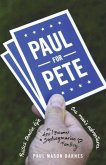A one-man think tank, Paul Goodman wrote more than 30 books, most of them before his decade of fame as a social critic in the 1960s. Goodman in those earlier days thought of himself mostly as an old-fashioned man of letters, and to do justice to his wide-ranging interests and growing activism, this compendium provides excerpts that span his entire career, from the bestselling "Growing Up Absurd" to landmark books on anarchism, community planning, education, poetics, and psychotherapy. Goodman's fiction and poetry are represented by "The Empire City," a comic novel; prize-winning short stories; and poems that once led America's most respected poetry reviewer, Hayden Carruth, to exclaim, "Not one dull page. It's almost unbelievable."
Hinweis: Dieser Artikel kann nur an eine deutsche Lieferadresse ausgeliefert werden.
Hinweis: Dieser Artikel kann nur an eine deutsche Lieferadresse ausgeliefert werden.

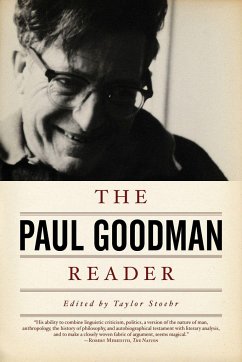
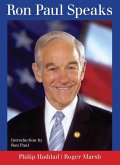
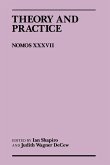
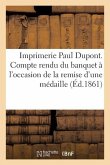
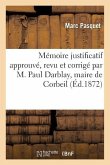
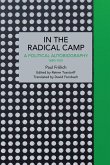
![The Letters of Fabius, in 1788, on the Federal Constitution. [Edited by Paul L. Ford.] The Letters of Fabius, in 1788, on the Federal Constitution. [Edited by Paul L. Ford.]](https://bilder.buecher.de/produkte/67/67015/67015822m.jpg)
